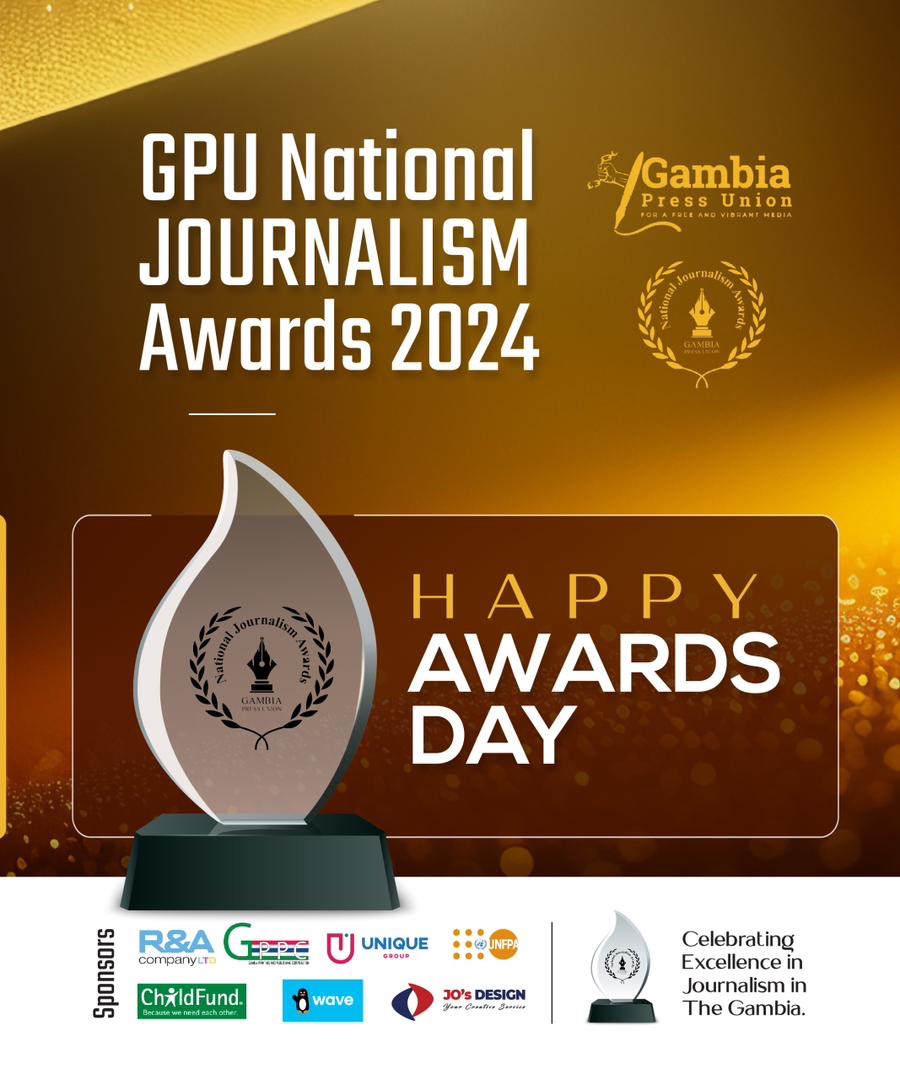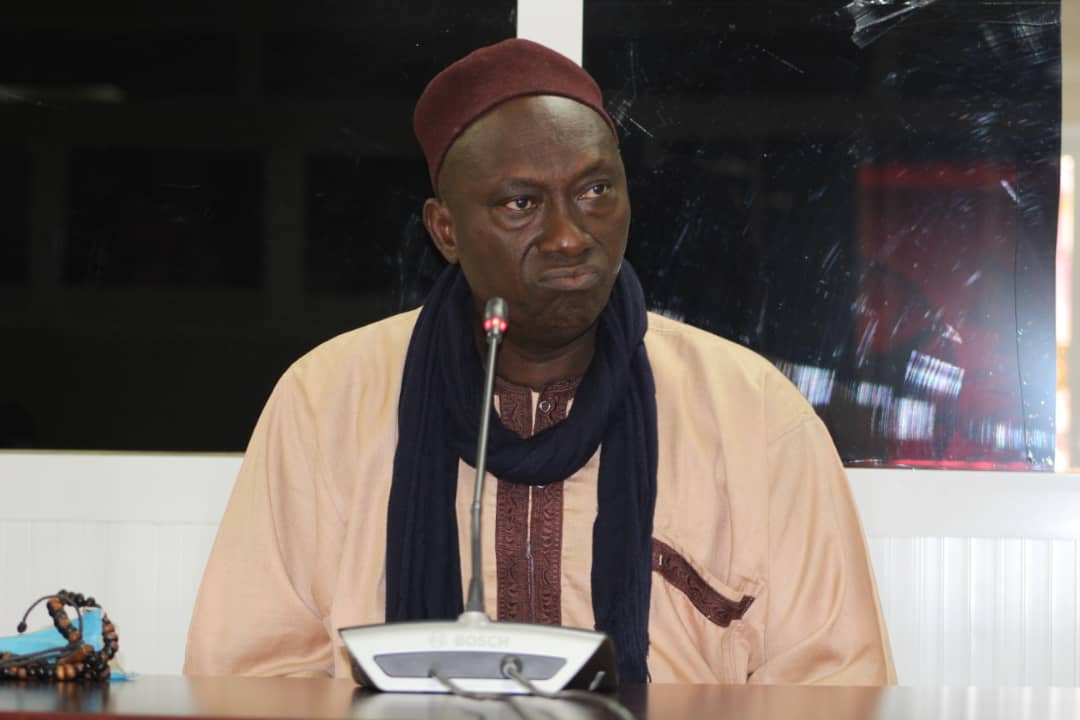
By: Isatou Sarr
The Ministry of Higher Education, Research, Science and Technology has validated the Draft National Research Bill, Research Excellence Assessment Framework (REAF), and National Research Regulation on Wednesday, 23rd April 2025, at Bakadaji Hotel, Kololi.
The one-day forum brough together stakeholders to review and provide feedback on these pivotal research frameworks amidst designed to enhance research governance in the country.
Minister of MoHERST, Professor Pierre Gomez, stated that, in recent years, The Gambia faced significant challenges in research, including limited funding, inadequate regulatory oversight, and the detrimental effects of unregulated research publications.
He added that these issues have underscored the necessity for decisive action, and this is the reason the government responded by drafting these instruments to foster a future built on trust, transparency, and research-driven development.
He explained that the three roles of his Ministry are research, governance, policy leadership, strategic coordination, and capacity building, adding that it provided strategic direction, united diverse stakeholders from academia, government, and civil society, and laid the foundational framework for research excellence and innovation.
He noted that the NaRDIC Bill 2025 established the National Research, Development and Innovation Council as the apex body for coordinating and regulating research and innovation in The Gambia.
He stated that NaRDIC will oversee stakeholder engagement, manage the National Research Fund, ensure compliance with ethical standards, and promote international research partnerships and its leadership will align research with our national development priorities.
He further disclosed that the Research Excellence Assessment Framework (REAF) is designed to evaluate and elevate the quality and impact of research across higher education and research institutions in The Gambia.
He noted that it will set benchmarks for excellence, ensuring research outputs meet global standards.
He also said the Gambia Research Regulations (GRR) provides a comprehensive regulatory framework for the ethical governance of all research conducted in the country and its primary objective is to safeguard the dignity, rights, and welfare of research participants, particularly vulnerable populations, while ensuring scientific and legal rigour’.
He stressed that MoHERST is committed to fostering collaboration across borders, sectors, and disciplines, noting that research is not merely an academic pursuit, it is a strategic investment in nation’s growth, innovation, and resilience, strengthening research governance.
“We are not only building institutions but also empowering future generations to thrive. Our youth and academic community have already demonstrated extraordinary promise; we must support them through enabling policies, regulations, and world-class research institutions,” he told the participants, adding these instruments are more than policies, they are blueprints for a knowledge-driven nation,” he said.




